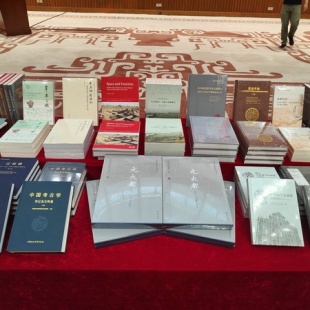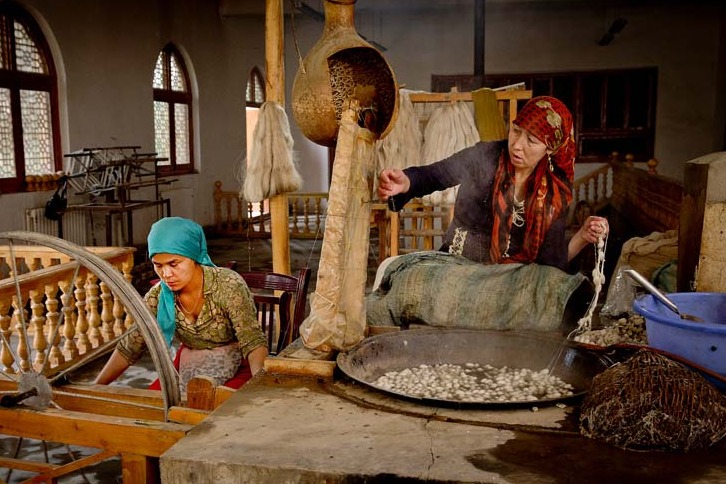Archaeology institute heralds half a decade of achievements


The Chinese Academy of Social Sciences' Institute of Archaeology announced its important academic achievements over the past five years on Sunday, enriching understanding of significant topics like the origins of Chinese civilization and the history of the ancient Maritime Silk Road.
The list includes archaeological excavation reports on the handicraft workshop area in a Shang Dynasty (c.16th century-11th century BC) capital on the northern bank of the Huanhe River in Anyang, Henan province, and the Xuewei No 1 tomb in Dulan county, Qinghai province.
Books about the origins of Chinese civilization, archaeological theories and special artifacts unearthed from different sites at home and abroad were also released during the event.
"These achievements encompass significant archaeological discoveries from different periods and regions. They include new explorations about the origins of civilizations, new interpretations of the social and cultural aspects of historical periods, major breakthroughs filling academic gaps and practical outcomes serving cultural inheritance," said Dong Xinlin, deputy director of the institute.
"Behind each achievement lies the dedication of archaeologists who have spent months or even years in field excavation, indoor organization of unearthed artifacts and academic research. We believe the release of these scientific results will provide the academic community with new research perspectives and offer the public a new window into understanding the Chinese civilization," he added.





































